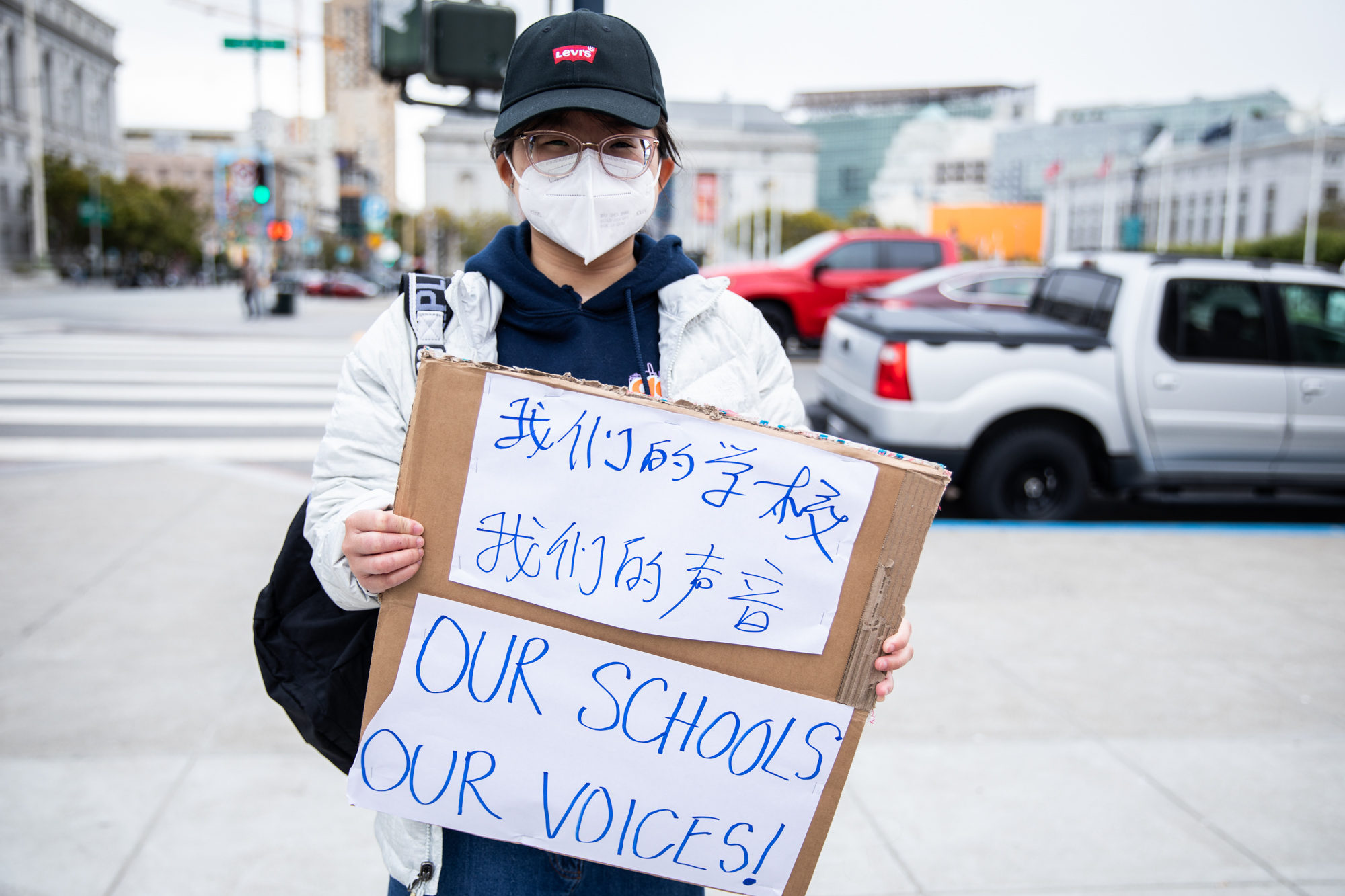San Francisco’s Superior Court revoked the right to vote in school board elections from non-citizen parents on Friday in response to Orange County lawyer James V. Lacy’s lawsuit against the city over three months ago.
Superior Court Judge Richard B. Ulmer ruled that the 2016 ordinance that gave voting rights to non-citizen parents—including green card holders, work visa holders, refugees and undocumented immigrants—is “contrary to the California constitution and state statutes and thus cannot stand.”
The writ also includes a permanent injunction prohibiting the city from using the ordinance to allow non-citizen voting in future elections.
Ulmer’s decision came just a month after a Staten Island Supreme Court Justice denied a law that allowed non-citizens to vote in New York elections—deeming it unconstitutional.
“When noncitizens vote in an election, the voting rights of citizens are wrongly diluted,” Lacy said in a prepared statement.
He argued that San Francisco residents have a clear interest in ensuring their school board elections follow state law, especially because state taxpayers partially fund school districts.
But in 2016 Proposition N—a measure that allowed non-citizen residents with a child under 19 to vote in school board elections— was passed by San Francisco voters. The ordinance was set to expire in 2022, but the Board of Supervisors extended the voting rights indefinitely in 2021.
Until the early 1900’s noncitizens were allowed to vote in 22 states across the country. Now, non-citizen residents can vote in local elections in 11 cities across Maryland and two in Vermont.
Chinese for Affirmative Action, Immigrant’s Rights Commission, and city officials Connie Chan and David Chiu gathered outside of San Francisco’s Superior court in anticipation of the judge’s decision Thursday, carrying signs reading “no decision about us, without us.”
Immigrant parent Amos Lim said naturalization is not an option for many parents, because by the time they become citizens, their children could be done with school. He emphasized the importance of voting to address social inequities and assure his children’s success in a divided school system.
“We are our kids’ best advocates,” Lim said.
The city attorney’s office backed community advocates and city supervisors in their efforts to extend voting rights.
“The Court’s decision is disappointing,” city attorney’s office spokesperson Jen Kwart said. “We firmly believe that allowing noncitizen parents to vote in school board elections is not only permissible but beneficial to our communities. We will review the decision and evaluate next steps.”
